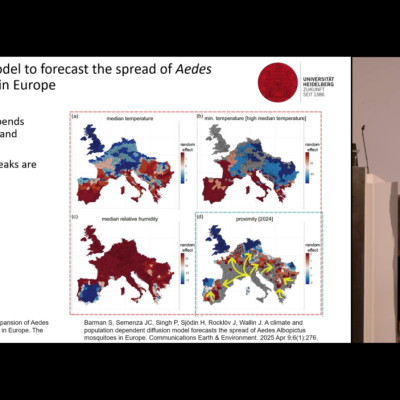The BePrep project announces the release of its latest policy brief: “Adaptive Ecosystem Restoration to Mitigate Zoonotic Risks.” This brief provides timely and practical guidance for policymakers, researchers, and practitioners working at the intersection of biodiversity, public health, and ecosystem restoration.
As the global community increasingly turns to ecosystem restoration to address biodiversity loss and reduce the risk of zoonotic disease spillovers, there remains a critical gap in practical, evidence-based approaches. Transforming degraded, disease-prone ecosystems into biodiverse and resilient landscapes demands more than good intentions—it requires scientifically grounded, community-inclusive strategies. This new policy brief fills that gap by offering six key considerations for effective implementation:
Six Key Considerations for Ecosystem Restoration to Reduce Zoonotic Risk
1.Assessment of zoonotic disease targets must be One Health based
2.Time lags between ecosystem restoration and recovery need to be considered
3.Trophic rewilding can improve restoration outcomes but is a poor substitute for proper ecosystem restoration towards postrestoration ecosystem functioning
4.Ecosystem restorations require a robust study design that applies a replicated before-after-control-impact (BACI) approach
5.Confounding and modifying environmental drivers need to be monitored along with target indicators
6.Stakeholder engagement and co-creation with communities is crucial for the restoration outcome
While ecosystem restoration is gaining global traction as a means to counteract biodiversity loss and emerging disease threats, it must be guided by science, inclusivity, and adaptability. This policy brief is a step forward in providing that guidance—linking ecological restoration with public health goals in a meaningful, actionable way.








